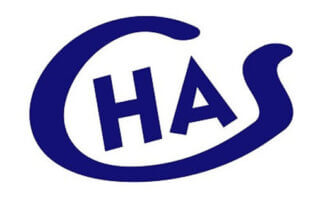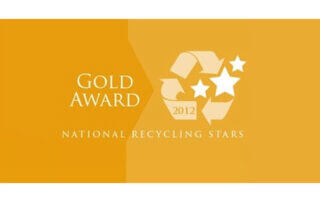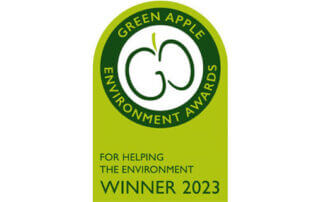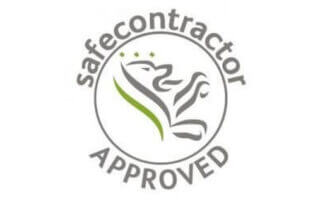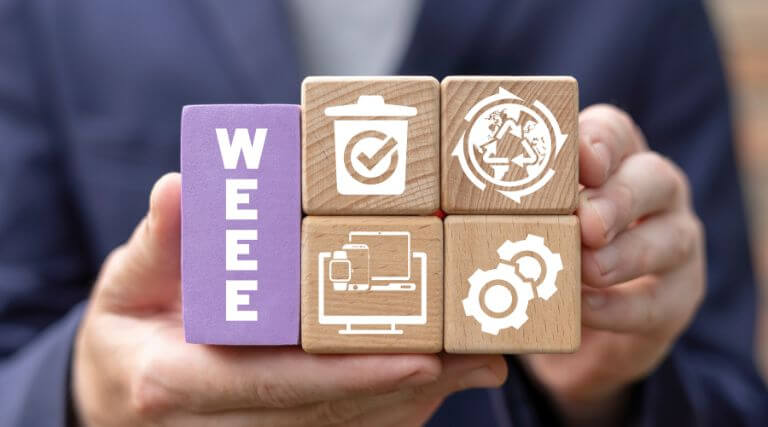
Recycling Waste Electrical and Electronic Equipment (WEEE) is not only an essential step towards a more sustainable future but also a legal obligation for businesses and households across the UK. This guide will walk you through everything you need to know about responsibly recycling WEEE, ensuring you comply with regulations while protecting the environment.
What is WEEE?
WEEE includes any item with a plug, battery, or electrical components that has reached the end of its useful life. This can range from household appliances like kettles and toasters to larger items such as fridges, computers, and televisions. The rapid growth of technology has made WEEE one of the fastest-growing waste streams globally, which underscores the importance of proper recycling.
Why is Recycling WEEE Important?
WEEE often contains hazardous substances such as lead, mercury, and cadmium that can harm the environment and human health if not disposed of correctly. Recycling helps:
- Reduce landfill waste: Many electronic components can be reused or recycled into new products, reducing the need for raw materials.
- Prevent pollution: Proper disposal prevents harmful substances from leaching into soil and water.
- Conserve resources: Precious metals like gold, silver, and copper found in electronics can be recovered and reused.
By responsibly recycling WEEE, you contribute to a cleaner, greener planet while supporting the circular economy.
Legal Obligations for WEEE Recycling in the UK
Under the WEEE Regulations 2013, individuals and businesses have responsibilities to ensure proper disposal of electronic waste. Retailers and manufacturers are required to offer take-back services for old equipment when selling new items. Local councils also provide collection points for household WEEE.
Failing to comply with WEEE disposal regulations can result in fines, so it’s essential to stay informed and follow the correct procedures.
How to Recycle WEEE
1. Identify WEEE Items in Your Home or Business
Check your premises for old, unused, or broken electrical items. Common examples include:
- Kitchen appliances like microwaves and blenders
- Office equipment such as computers, monitors, and printers
- Personal gadgets including mobile phones, tablets, and chargers
2. Assess Reusability
Before recycling, consider whether the item can be reused. Working appliances can be donated to charities or sold second-hand, extending their life cycle.
3. Separate Hazardous Components
Some WEEE items, such as fridges and televisions, contain hazardous materials that require specialised handling. Ensure these items are treated appropriately to prevent environmental damage.
4. Use a Licensed WEEE Recycling Service
WEEE recycling must be handled by authorised waste carriers who adhere to UK waste management regulations. A professional service ensures:
- Proper segregation and recycling of materials
- Safe disposal of hazardous components
- Full compliance with legal requirements
5. Take Advantage of Local Recycling Facilities
Many councils provide designated WEEE recycling points where you can drop off your unwanted electronics. Check your local authority’s website for details on the nearest facility.
6. Book a Reliable Collection Service
If you have a large volume of WEEE, such as from an office clearance, booking a collection service is a convenient and efficient solution.
What Happens to Recycled WEEE?
Once collected, WEEE undergoes a series of processes:
- Sorting: Items are categorised by type, such as plastics, metals, and electronic components.
- Shredding: Equipment is broken down into smaller parts for further separation.
- Material recovery: Precious metals, plastics, and other materials are extracted for reuse.
- Safe disposal: Hazardous substances are neutralised or disposed of according to environmental regulations.
Recycling WEEE not only prevents waste from going to landfill but also supports the production of new products with recycled materials, reducing the demand for raw resources.
Tips for Minimising WEEE
Reducing your WEEE output can help lower the environmental impact of your electronic consumption. Here are some tips:
- Buy energy-efficient products: Choose appliances and electronics with long lifespans and low energy consumption.
- Repair instead of replacing: Fix broken items when possible rather than discarding them.
- Recycle responsibly: Always use certified recycling services for proper disposal.
Call to Action
If you’re looking for a professional and reliable WEEE recycling service, contact us today on 01442 229 029 or Book Online at Cheap Skip Hire Prices. Let us handle your electronic waste responsibly and efficiently.
Recycling WEEE doesn’t have to be complicated. With the right knowledge and a trusted service provider, you can make a positive impact on the environment while ensuring compliance with UK regulations.



